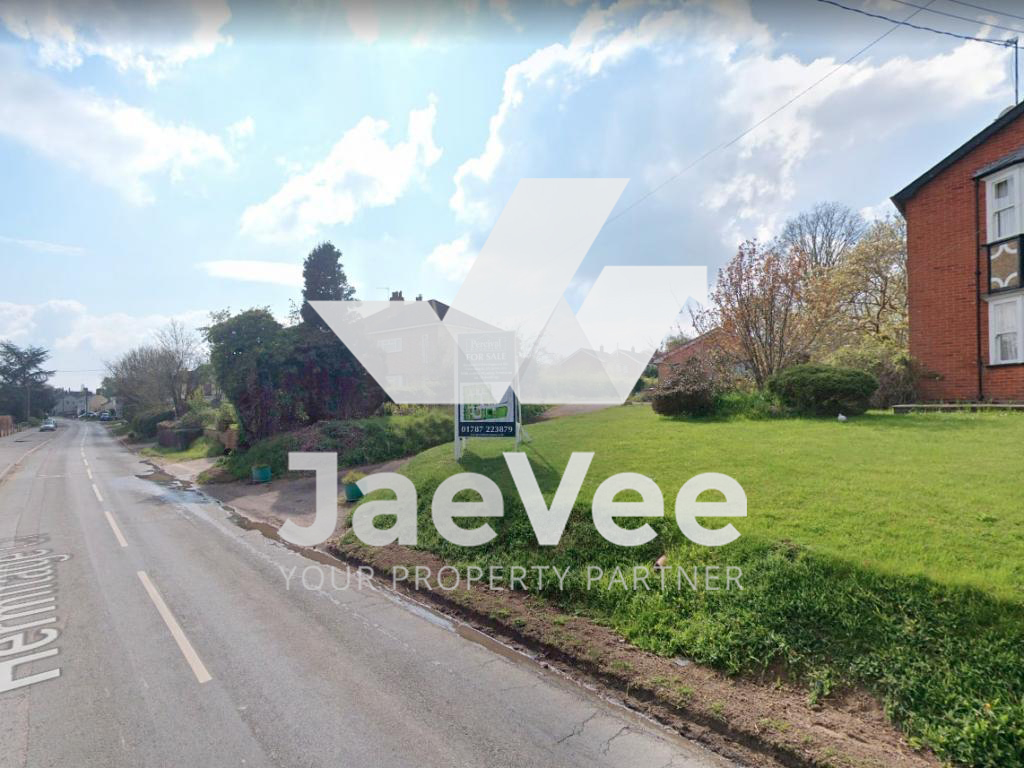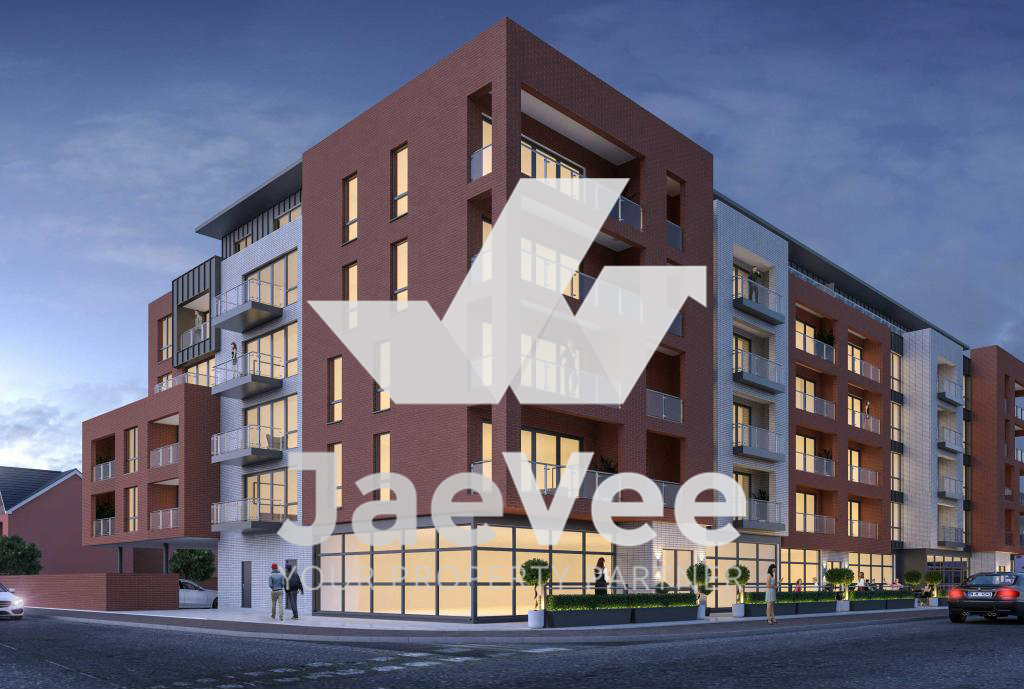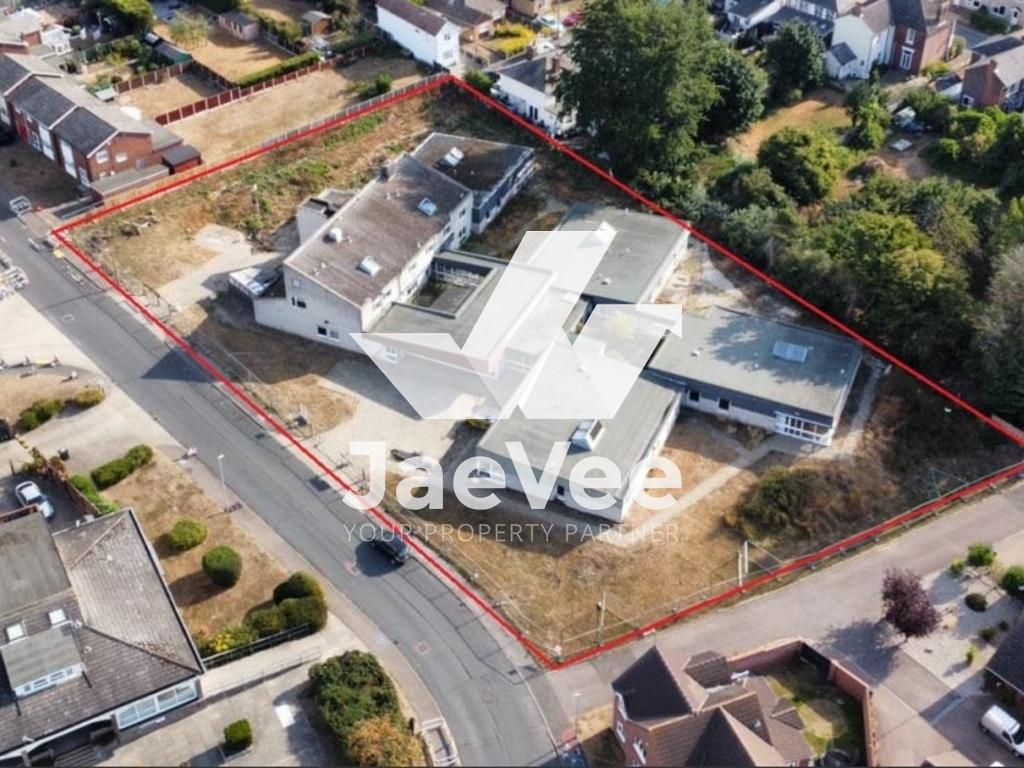Introduction
It was the big economic shock story of the pandemic. As we locked down, thousands of householders, stuck at home, started browsing property portals. Rightmove and Zoopla between them saw visitor numbers soar. And as we continued to lock down, they started buying.
‘Race for space’ changed top location spots
The ‘race for space’ saw the popularity for city centre living plummet in preference to green spaces in the country or coastal resorts. Houses with access to space and an additional room (for the home office) became the ‘must-haves.’ The hunt for three to four-bedroom detached bungalows was on. Prices in Norfolk, Cornwall and other seaside or rural retreats soared, owners of London apartments were watching horrified as families and couples sought to relocate in droves.
For the first time in decades London houseprice rises (at around two per cent) were the lowest in the country.
Pandemic period saw record-breaking house prices
Halifax’s House Price Index recorded a rise of more £24,500 for 2021 – the largest annual cash rise since March 2003. Property portal Rightmove (whose data is based on asking prices) recorded a 9.5 per cent increase in house prices over the past two decades).
The latest figures from Nationwide show that Property in February 2022 was around 20 per cent more expensive than before the pandemic. With the average UK property now sitting at £260,000, that’s a jump of £44,000 compared to the February 2020.
Poor stock numbers and low interest rates keep property prices high
Despite there no longer being any lockdowns – and even restrictions in England – with people returning to city centre working and entertainment venues, property prices are still on the ‘up’. Economists say the reason for this is the shortage of stock (ie there is far more demand for housing than there is supply). In fact, property consultancy TwentyCi say it’s the lowest number of stock in the UK - for both sale and rental - since they started collecting data, back in 2008. To the extent that in January this year, there were 36 per cent fewer properties on the market than in January 2021.
“In my living memory, we’ve never been in this situation before,” said Colin Bradshaw, managing director at TwentyCi. “The lack of supply has broken the sale and lettings markets.”
This, mixed with the continued low mortgage interest rates, allows fortune to smile on those selling rather than buying. The current Bank of England base rate is 0.25 per cent, for instance. And even that was a jump from 0.1 per cent at the end of last year.
As for 2022, most property analysts and economists agree it’s not going to be the same buoyant market as last year. Steady and measured, rather than frantic appears to be the way ahead for house sellers and buyers this spring and summer.
About JaeVee
JaeVee joint ventures with experienced main contractors to bring residential schemes to life in the UK whilst helping to tackle the housing shortage problem. The structure of our model creates equity investment opportunities for investors into these projects, where investors enjoy the profits of a successful development without sacrificing their demands on control, protection and accessibility.
Diverse Property Development Investment Portfolio
Browse our diverse opportunities below, signup to view the full due diligence
and begin investing in your preferred developments.
Project Launch Webinars
This website is operated by the JaeVee Group of Companies. Webpages containing share offers will be hosted by the relevant Group Company that is issuing the shares, as identified on the relevant webpage. Webpages containing mezzanine debt offers will be hosted by JaeVee Holdings Ltd.
JaeVee is a trading name used by all companies within the JaeVee Group of Companies, including JaeVee Holdings Ltd. JaeVee Holdings Ltd is registered in England & Wales with company number 10172481. The registered office of the company is 3rd Floor 86-90, Paul Street, London, England, EC2A 4NE.
JaeVee Holdings Ltd (10172481) undertakes unregulated loan brokerage business that does not entail consumer credit or regulated mortgages. Arrangements by Group Companies to issue their own shares constitute unregulated business pursuant to Article 34 of the Financial Services and Markets Act 2000 (Regulated Activities) Order 2001 (RAO).
Information about investments is only available to investors who demonstrate that they qualify as high net worth individual investors or sophisticated investors or otherwise fall within categories of investor who can receive financial promotions from unregulated persons in accordance with the requirements of the Financial Services and Markets Act 2000 (Financial Promotion) Order 2005 (FPO). Property investing carries the risk of losing some or all of the capital invested. JaeVee does not provide investment advice and investors who are in doubt about whether investing is right for them should consider seeking advice from an appropriately qualified professional adviser.
JaeVee © 2024 • All rights reserved.








.jpg)
